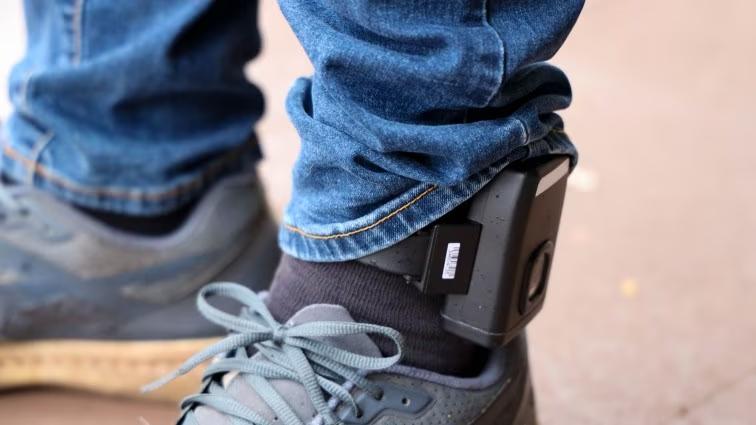Minister for Immigration Andrew Giles has succeeded in preventing the media and the public from obtaining information about the effectiveness of electronic monitoring after convincing the High Court that making it known could encourage former immigration detainees to breach visa conditions, endangering “national security.”
After detainees were released by a High Court ruling outlawing indefinite detention in November last year, the government rushed to pass laws to deal with the prospect of people—many of whom had been convicted of serious offences—being set free in the community.





